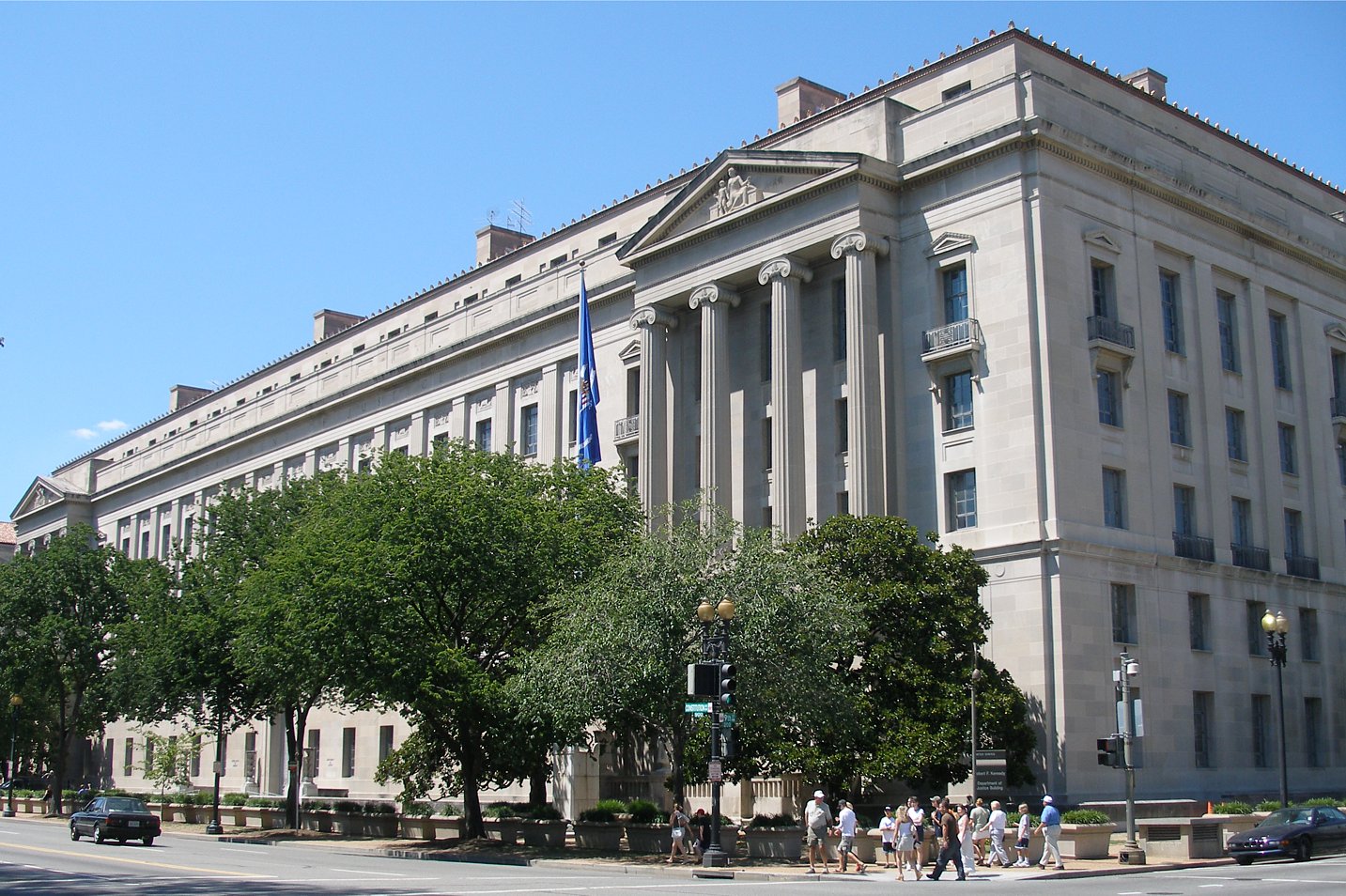Earlier this month, Biden nominated Elizabeth Prelogar for the position of Solicitor General. Prelogar, who has served as Acting Solicitor General since January, was an expected choice – her nomination was met with little more than a shrug of acquiescence and lingering questions about why the position had gone unfilled for so long. Despite Prelogar’s long history of working within the Department of Justice, her recent stint at the corporate BigLaw firm Cooley LLP and many of the decisions she made as Acting Solicitor General raise troubling questions about conflicts of interest and her commitment to fighting hard for the public interest.
In 2020, Prelogar worked at the law firm Cooley, racking up $2 million in compensation and representing clients including Facebook, Uber, Twitter, and Amgen. As we at RDP have previously noted, corporate influence at the Department of Justice is a huge threat to Biden’s agenda, and one Attorney General Merrick Garland has so far failed to curtail.
A close examination of Prelogar’s tenure as Acting Solicitor shows Prelogar’s tendencies to side with corporations over the public interest. In February, less than a month into the job, Prelogar sided with the investment giant Goldman Sachs against its defrauded investors when she called on the Supreme Court to vacate a lower court’s decision that investors could file a class action suit. In March, the Solicitor General’s office, represented by one of Prelogar’s deputies, sided with the developers of a New Jersey natural gas pipeline despite environmental groups’ concerns. Not only does this go against Biden’s “whole of government” approach to climate change, it also represents a continuation of the Trump Administration’s backing of environmental destruction.
The Solicitor General’s office under Prelogar has also shown a hesitancy to act with urgency to protect Biden’s agenda and act on the Administration’s stated values. In February, Prelogar recused herself from a case defending the Voting Rights Ac. Shortly afterward, her Deputy Solicitor General indicated that although the Biden Administration did not agree with the Trump DOJ’s brief, it would “not seek to make a further substantive submission” to oppose it. After the case was decided against the Voting Rights Act, President Biden said he was “deeply disappointed” in the decision and warned that “democracy is on the line” in the fight for voting rights, without mentioning his own Administration’s failure to act.
Prelogar defended the government’s policy that blocked permanent-residency applications from immigrants with Temporary Protected Status, leaving thousands in a state of permanent limbo and pitting the Biden Administration against immigration advocates and his own campaign platform. In March, Prelogar supported an expansion of police power in the Supreme Court case Caniglia v. Strom. In this case, the Solicitor General argued in favor of expanding police power to enter a citizen’s home so long as police act “reasonably,” using the doctrine of qualified immunity, a doctrine the Biden Administration has explicitly supported attempts to rein in.
Finally, Prelogar’s role in the delayed eviction moratorium is unknown. In late July, Biden announced that he would allow the eviction moratorium to expire because the Supreme Court, and specifically Justice Brett Kavanaugh, indicated that he would strike down any attempts to extend the moratorium. Biden’s decision was widely condemned, with congressional Democrats led by Cori Bush pressuring him to extend the moratorium and protect vulnerable families while legal experts pointed out that Kavanaugh’s concurrence was narrow, inapplicable “dicta” rather than a precedent. Thankfully, following outside pressure, the Biden Administration issued a new, targeted moratorium that was upheld by an appeals court. As the key political appointee in the office of the Solicitor General, Prelogar would presumably be deeply involved in the initial conversations about what the Supreme Court would or wouldn’t allow. We and fellow Justice Department observers believe that based on normal DOJ processes, her input was likely part of the Biden Administration’s initial incorrect decision to allow the moratorium to expire. If so, Prelogar’s failure to take a legally defensible step to stand up for families facing eviction during an ongoing pandemic would be a big indicator to suggest that she should not become the permanent Solicitor General.
Prelogar’s nomination for Solicitor General is a concerning sign to progressives and activists that the Biden DOJ is continuing status quo policies and failing to push for the transformational change the Administration promised. Her record representing corporations, defending environmentally harmful policies, and failing to meaningfully oppose the Trump DOJ’s legacy needs to be immediately reversed, or she should not serve as a permanent nominee in the Biden Administration.
Image: “U.S. Department of Justice headquarters, August 12, 2006,” by Coolcaesar is licensed under CC BY-SA 3.0

